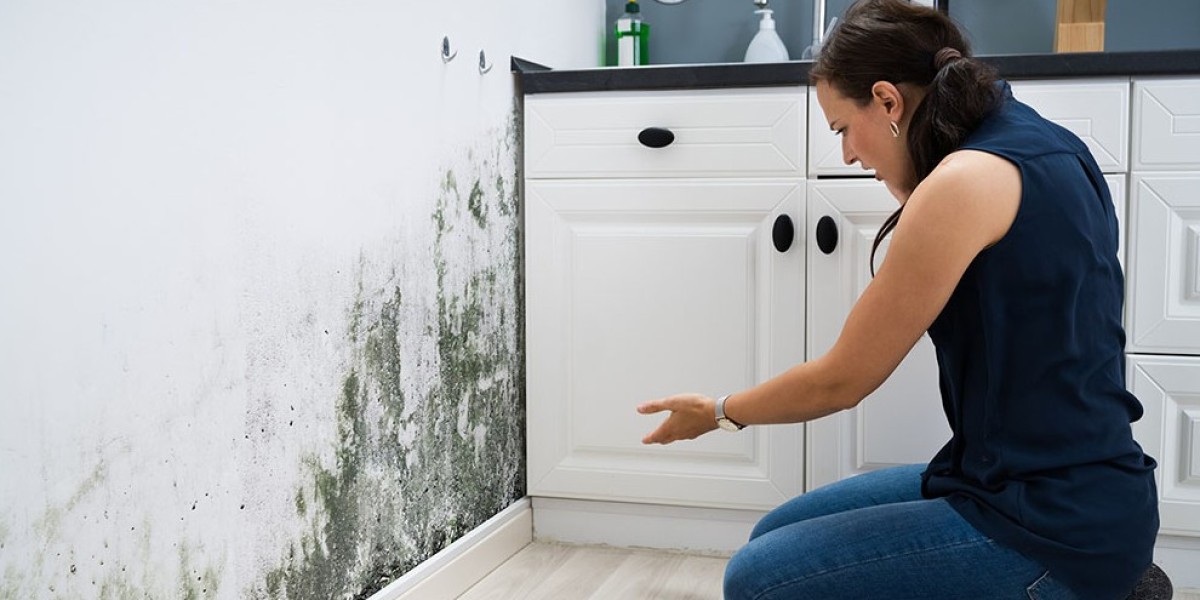Introduction
If your rented home suffers from issues like mould, damp, broken heating, or structural faults, you're not alone—and you have rights. At Housing Disrepair Team UK, we help tenants understand how to demand repairs, claim compensation, and protect their wellbeing. Renting a home comes with the expectation of safety and functionality—and when those expectations aren’t met due to landlord neglect, legal remedies are available.
What Defines Housing Disrepair
Housing disrepair refers to any condition in a rental home that:
poses a health risk,
results from landlord neglect, and
is the landlord’s responsibility to fix.
Common causes include:
Persistent damp or mould
Leaking roofs, ceilings, or pipes
Faulty heating or cold rooms
Unsafe wiring or broken electrics
Cracked walls, broken windows, or loose flooring
Pest infestations and poor ventilation
If these issues have been reported and remain unresolved, legally you can take action.
Health Risks Inside Substandard Homes
Disrepair can directly impact tenant health:
Mould and damp exacerbate respiratory illnesses.
Broken heating in winter increases risk of hypothermia and circulation issues.
Broken or unstable flooring heightens accident risk.
Constant stress over poor living conditions can lead to anxiety, depression, and sleep problems.
Children, the elderly, and those with pre-existing health conditions are particularly vulnerable.
Financial Harm Caused by Neglect
Disrepair has hidden financial consequences for tenants:
Damaged belongings—mattresses, electronics, furniture—may need replacing.
Higher energy bills due to poor insulation or broken heating systems.
Temporary accommodation costs if homes become uninhabitable.
Lost wages from health issues or needing to remain home for repair access.
All these costs can be reclaimed through a successful claim if properly supported.
Your Legal Rights as a Tenant
UK housing law is clear: landlords must maintain buildings to health and safety standards. Under the Landlord and Tenant Act 1985 and Homes (Fitness for Human Habitation) Act 2018, tenants can:
Demand repair in writing.
Escalate to local council if ignored.
File a housing disrepair claim for forced repairs and compensation.
These legal protections ensure landlords are held accountable—and tenants are supported.
Steps to Take If Your Landlord Doesn’t Act
Document the Issue: Photograph the disrepair and note conditions over time.
Report in Writing: Send a clear message to your landlord or agent—retain a copy.
Gather Health Records: Visit your GP if your health is impacted.
Keep Expenses: Save receipts for any costs you incurred due to the repairs.
Seek Professional Support: Legal experts can assess and start your claim process.
Why Professional Support Helps
Filing a claim alone can be complex and stressful. Having legal help ensures that:
All evidence is properly gathered.
Communication with landlord is handled professionally.
You understand what compensation you may receive.
Claims are filed properly and within time limits.
Specialist services like Housing Disrepair Team UK often work on a no-win, no-fee basis, minimizing financial risk while ensuring strong representation.
Conclusion
Living in a rented home with unresolved disrepair is not only uncomfortable—it’s unsafe. But you do not have to accept it. Your wellbeing, safety, and legal rights matter. The sooner you take action, the better your chances of securing repairs, compensation, and peace of mind. For tailored advice and support, visit Housing Disrepair Team UK and take control of your housing situation today.













